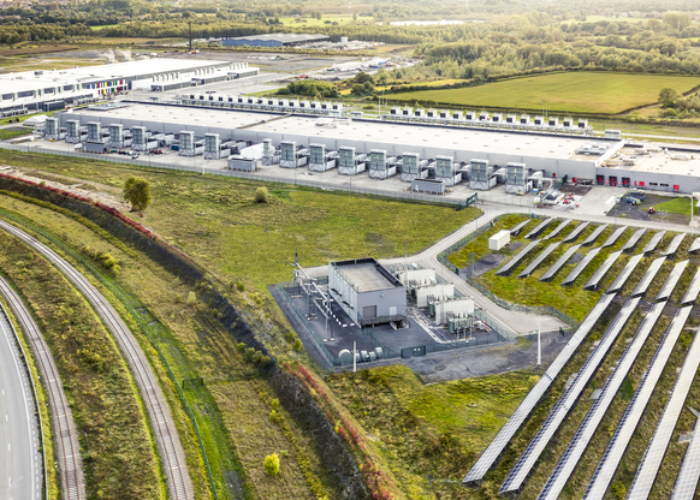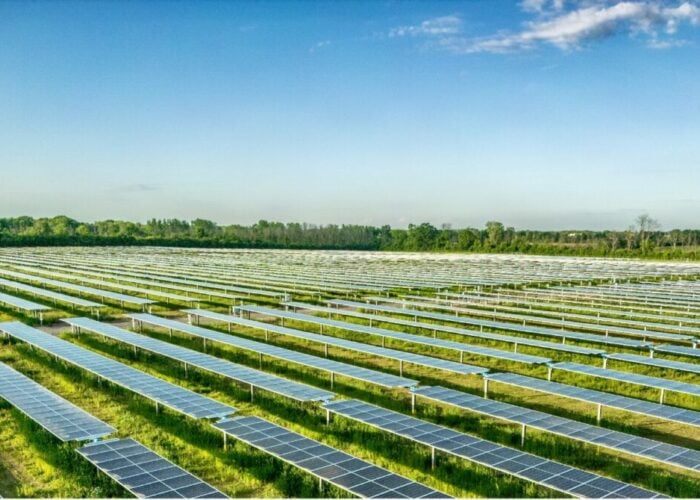
Australia went to the polls on May 3, 2025, to elect its next federal government. The Labor Party, led by Anthony Albanese, secured a landslide victory and a second consecutive term.
Although the seats are still being counted, at the time of writing the Australian Labor Party has secured 85 seats, the Liberal-National Coalition, led by climate sceptic Peter Dutton, who lost his own seat, has secured 40 seats, and the Green Party has secured no seats.
Try Premium for just $1
- Full premium access for the first month at only $1
- Converts to an annual rate after 30 days unless cancelled
- Cancel anytime during the trial period
Premium Benefits
- Expert industry analysis and interviews
- Digital access to PV Tech Power journal
- Exclusive event discounts
Or get the full Premium subscription right away
Or continue reading this article for free
The 2025 federal election saw energy policy weaponised with two contrasting opinions on where to take the country next in its energy transition. Indeed, the Clean Energy Council deemed the election a “referendum on renewable energy.”
The result of this “referendum” saw a majority vote for the continued trajectory the Labour Party is taking in Australia, emphasising scaling renewable energy generation and supplementary technologies, such as energy storage.
“My fellow Australians, serving as your prime minister is the greatest honour of my life,” a visibly emotional Albanese said Saturday evening.
“And it is with a deep sense of humility and a profound sense of responsibility, that the first thing that I do tonight, is to say thank you to the people of Australia, for the chance to continue to serve the best nation on earth.”
Labor, whose 2025 election manifesto reiterated support for an expanded Medicare health support system and 5% deposits for all first-time home buyers, has been a staunch supporter of renewable energy generation and energy storage as a complementary technology.
These two technologies have been deemed critical in securing Australia’s vision as a “renewable energy superpower.”
Liberal-National Coalition’s shortcomings
In contrast to Labor’s strong message on renewables and energy storage, the Liberal-National Coalition led a campaign echoing the sentiments of US President Donald Trump, scrutinising renewable energy, with plans to scale this back and invest further into oil and gas, coal-fired power, and nuclear reactors to reduce energy bills.
As heard in the build-up to the federal election, and noted by Bowen in early April, a change of government and energy policy could have led to “chaos and delay”, with Dutton having already announced his interest in gutting the widely successful CIS initiative.
However, even though a change of government could have disrupted the rollout of renewables, the upward trajectory of energy storage capacity growth was unlikely to be impacted by a change of government, Sahaj Sood, senior associate at research provider BloombergNEF, explained with the release of the company’s 2025 Australia Energy Storage Update.
“Batteries are expected to play a major role in Australia’s power markets regardless of the outcome of the federal election,” Sood said.
“A win for the incumbent Labor Party would see continued support for renewables and the batteries to integrate them. A win for the Coalition would see the emphasis shift toward nuclear, a potential lifeline for some of the country’s ageing coal fleet.”
The Australian Financial Review has reported that the Coalition’s crushing defeat in the election has sparked an inquest into the political party’s energy policy, specifically its support for nuclear power, which could now be shaken up.
“Several senior Liberals on Sunday indicated the party would need to consider dumping the plan if it was to find a path back to government,” the article read.
To read the full article, please visit our sister site Energy-Storage.news.






